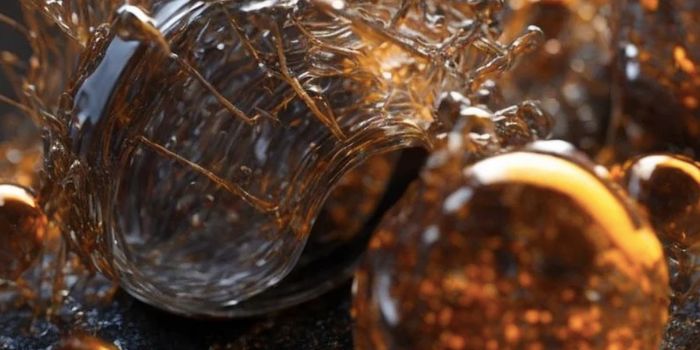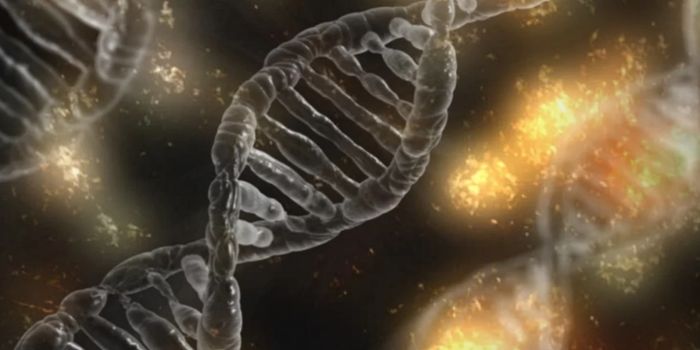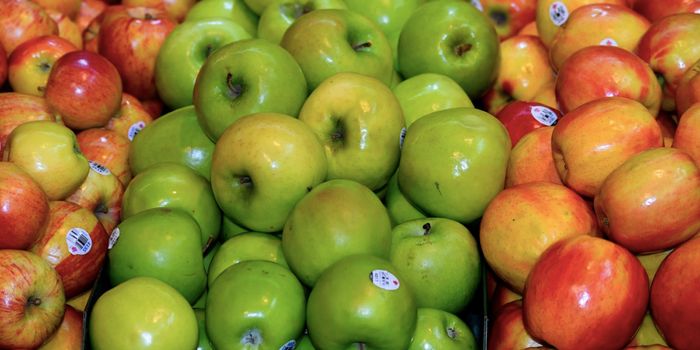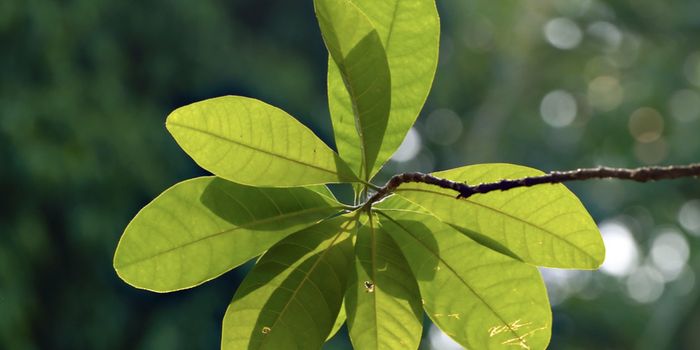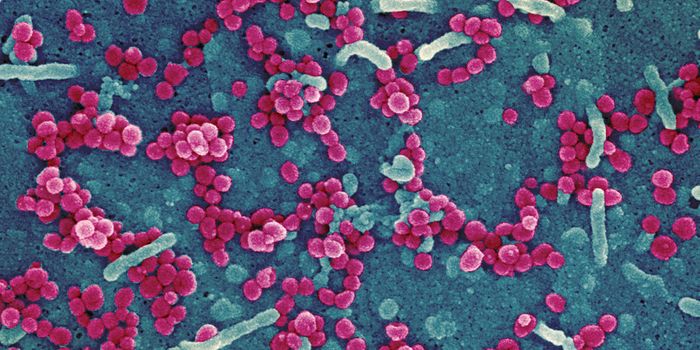Invasive Mussels are Taking Over Australia's Coastlines
Any type of organism that is not native to a location but ends up there anyway is considered an invasive species. Australia has taken care to protect itself from invasive species, which can wreak havoc on ecosystems. Now, one of the worst invasive species in the world has been found all over the coastlines of the country. The mussel Mytilus galloprovincialis is considered one of the "100 World's Worst Invasive Species" according to the IUCN Global Invasive Species Database, and it has steadily taken over the coasts of Australia, said Dr. Iva Popovic, a researcher with The University of Queensland's School of Biological Sciences.
"Mussels are well-known for hitching a ride on ships, which is probably how Mytilus galloprovincialis has colonized so many parts of the world including Australia," she said. "Our research, which focused particularly on southeastern Australia, was able to show at least two introductions of this species - one from the Atlantic Ocean and the other from the Mediterranean Sea.
Using genetic technologies, her research team has been able to investigate the introduction of Australian mussels over time.
"Because Atlantic and Mediterranean populations are genetically distinct, we were able to conclude that these two introductions occurred independently. Being able to resolve the details of this recent migration history is rare, but shows how talented mussels are at moving across the world."
The study was overseen by UQ's Associate Professor Cynthia Riginos, who added that the Mytilus galloprovincialis mussels may be to blame for disrupting the genetics of another type of native mussel, which is closely related.
"Our work also shows that Australia hosts its own Mytilus species, but interbreeding between the invasive and native species is extensive," she explained. "The influx of non-native genes is called genetic pollution, and can sometimes lead to the formation of so-called hybrid swarms, and possibly extinction via hybridization. Because this mussel is adapted to warm waters, there is the added concern that genetic pollution could be magnified by climate change."
The news might not be all bad for Australia's mussels, however. "As long as Mytilus galloprovincialis and hybrid mussels don't impact other native species, then a new enhanced tolerance to warm conditions might safeguard mussels in their ecological roles and future-proof Australian mussel farming," said Riginos. "But right now we really cannot determine whether or not Mytilus galloprovincialis is a threat to Australia's marine biodiversity - there's more work to do."
Additional work is already planned, which will take a closer look at how the invasive mussels have impacted native species.
Sources: AAAS/Eurekalert! via University of Queensland, Evolutionary Applications


